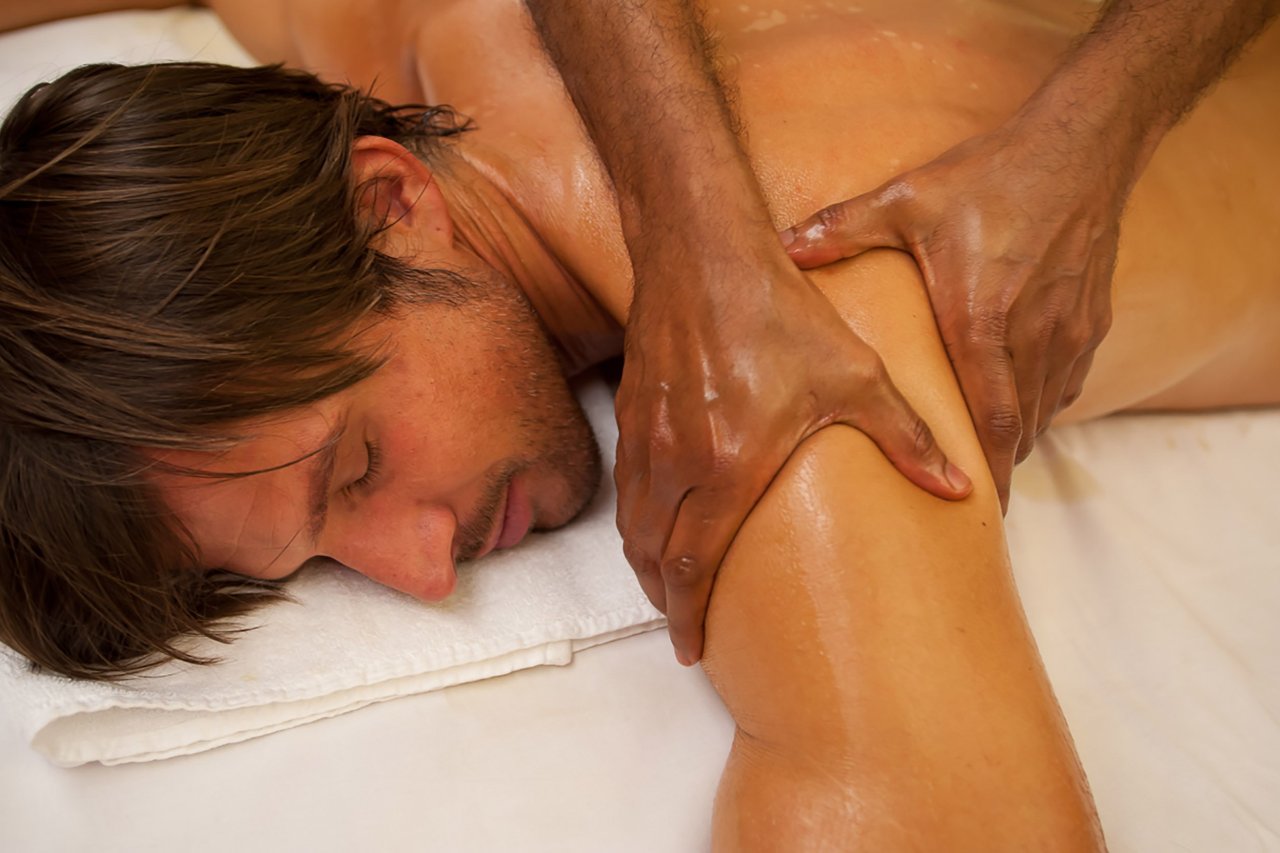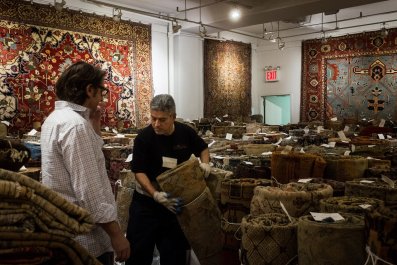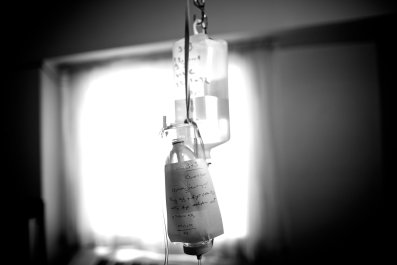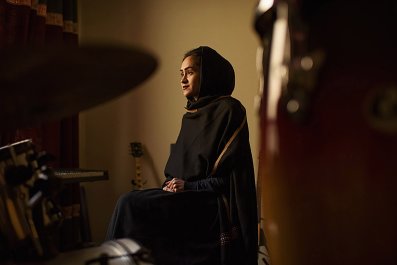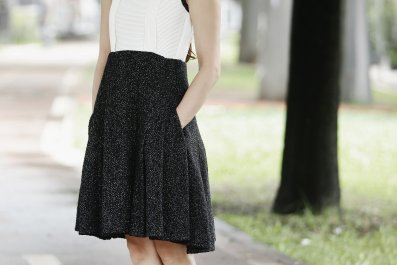These days, if you're feeling stressed, overweight or desperate to stop smoking and drinking, it's relatively easy to sort yourself out. All you need is a free week or two and a few thousand dollars to spare. Tick those boxes, and it won't be long before you're booked into a spa, where soft-spoken staff will supervise micro meals and schedule exercise classes so that you can go home 5 to 10 pounds lighter. Problem solved—at least in the short term. And if you happen to hit on a spa underpinned by a serious philosophy, you might even end up changing your lifestyle for good. Parkschlösschen, a luxury retreat near Frankfurt, Germany, is just that kind of place.
The well-to-do superstressed have not always had that option. Twenty-six years ago, Wolfgang Preuss, the German entrepreneur who would go on to found Parkschlösschen, was expanding his successful IT and media technology empire. The son of an Opel car-factory worker, Preuss grew up poor in the western city of Mainz, and at 14 he left school to work as an apprentice technical engineer for the post office. Eight years later, he started his first company, installing home telephones, and was soon employing a workforce of 60. By his 40s, having spent two decades rewiring most of Germany and outfitting television and radio studios, Preuss—still living in Mainz—had turned into a chain-smoking, caffeine-fixated, alcohol-swigging insomniac. It was 1990, and workaholics like Preuss had few places they could go to unwind. A concerned friend took him to a small, scruffy Ayurvedic center in the Black Forest run by German followers of the Maharishi Mahesh Yogi, which offered panchakarma detoxes.
Ayurveda? Panchakarma? At the time, hardly anyone outside India had heard of Ayurveda, the subcontinent's guidelines for living a healthy life as laid out in ancient Vedic texts more than 5,000 years ago. Ayurveda means "a science of life" in Sanskrit and is the world's oldest continuously practiced health system, emphasizing the importance of cleanliness, hygiene, pure food and water, routine and regular detoxification. Ayurveda's primary mind-body detoxification process is known as panchakarma, or "five actions," so named for the five therapies that eliminate toxins from the body.
Preuss was blown away by his experience of panchakarma, if not by its setting. He emerged from his 10-day stay calmer, leaner and a convert, determined to set up a wholly authentic but five-star Ayurvedic clinic in Germany, where people could achieve balance and revamp their everyday life in a more comfortable setting. "I was amazed. He looked so good and was so full of energy," says his wife, Brigitte, who translates for Preuss, whom she met working as his assistant in 1984.
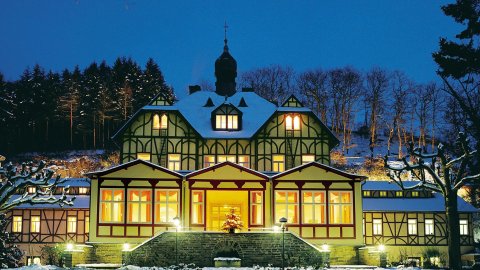
Within months, Preuss had visited approximately 300 possible locations around Germany for the retreat. In April 1990, he discovered a 1920s art nouveau building in Traben-Trarbach, just outside Frankfurt, which had been empty for 13 years. Renovating and rebuilding it cost almost double his initial estimate, but the bigger-than-expected spend allowed him to follow Ayurvedic principles as much as possible, using only natural materials: wood, slate, marble, glass, wool and silk. Water for the entire plumbing system—pool and tap water included—was sourced from a spring discovered in the surrounding parkland. An Ayurvedic doctor from the Maharishi center (long defunct now) helped set up the panchakarma program, and the center's German chef, who had lived in India, took over the kitchens. "It was essential to Wolfgang that the smallest detail was correct," says Brigitte.
Parkschlösschen opened in 1993. And after a shaky start—people initially thought Preuss and his team were a sect—it is now one of the few wholly Ayurvedic luxury spas outside India. Its 60 rooms are large and impeccably clean but simple, with no televisions or Wi-Fi. The detox begins with a diagnosis by the resident Ayurvedic doctors—pulse-taking, questions ("Does your head sweat at night?")—and is followed by a regime of yoga, treatments performed by two therapists working in synchronicity, guided meditation, skin brushing and herbal inhalations. Coffee, black tea, alcohol, sugar, meat and all animal products (except clarified butter, or ghee , which is used for the detoxing process) are banned; guests eat three small, vegetarian meals per day that are tailored to their specific needs.
In the 1990s, most of the guests were in their 60s and 70s, but now many are in their 20s and 30s. Stressed escapees from the 21st century are quietly encouraged to do nothing—or at most, just read, stroll in the gardens or swim in the indoor pool under the gaze of a large Buddha. (Preuss is an enthusiastic collector of Buddha statues, and he opened Germany's only Buddhist museum close to Parkschlösschen in 2009 to showcase all 2,000.) Lights out is at 9:30 p.m.
A restful week here can send one home lighter and righter. Long term, however, it is of course what you do on a daily basis that most affects how you feel. Here are a few Ayurvedic precepts to tide you over until you can visit Parkschlösschen or another Ayurvedic center: Eat a healthy diet of mostly fresh, vegetarian food; for good digestion, heat your food; get up and go to bed at the same times; drink at least two liters of water a day; practice yoga and do some gentle exercise daily; get outside into fresh air each day; leave time to read a book each day, switching off screens at least an hour before bed.
There are many more precepts and lessons to be learned from the Ayurvedic tradition. With the emphasis on purity, cleanliness and detoxification, its principles make sense. Some of the more demanding practices, however, such as cleansing the sinuses by passing a strip of linen up one nostril and out through the other, are perhaps best left to the experts. Even Preuss, who at the age of 69 has undergone panchakarma every six months for more than a quarter century, has yet to attempt that.



